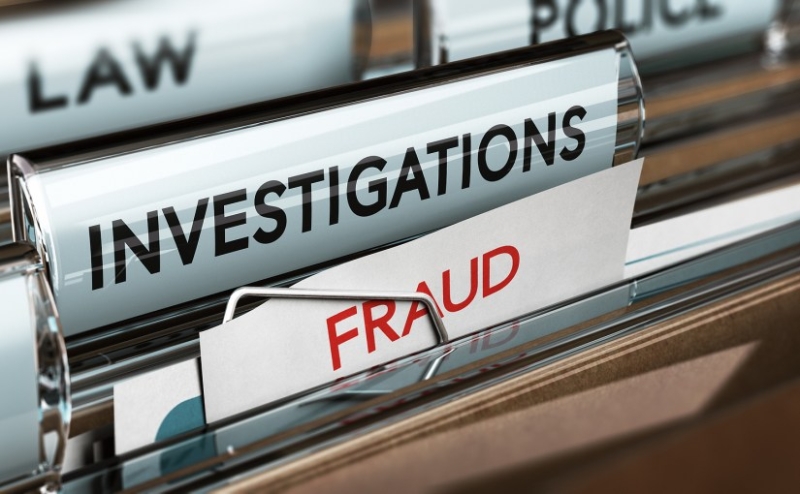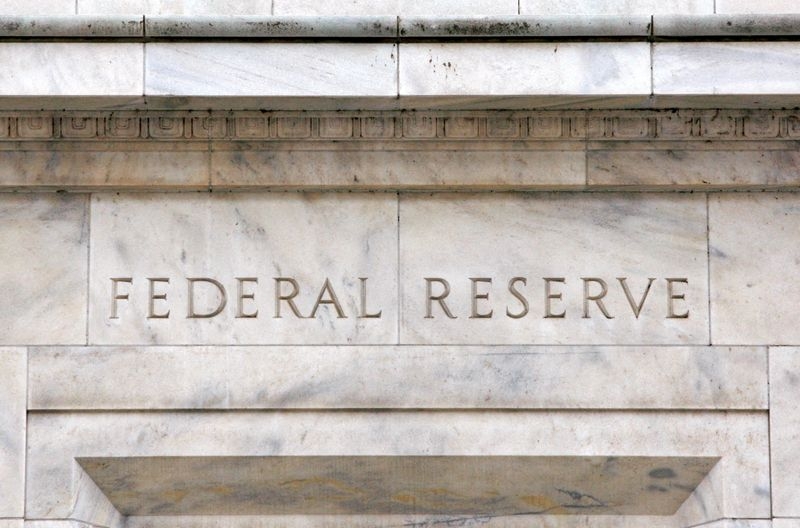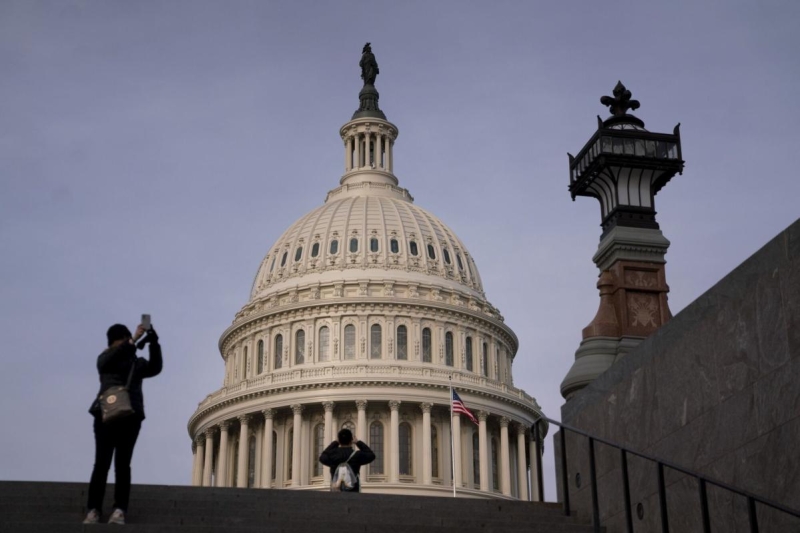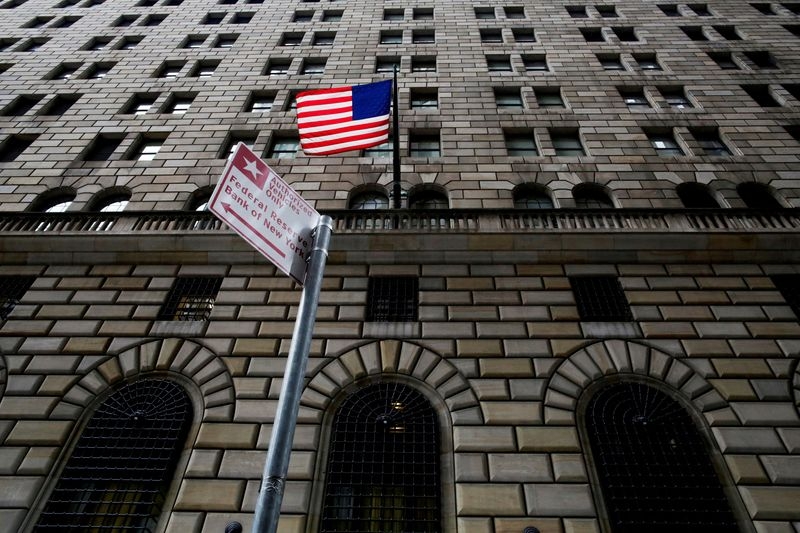
A whistleblower’s vigilance has led to the revelation of alleged Medicare and TRICARE fraud involving UCHealth, a healthcare system with locations throughout the state of Colorado. University of Colorado Health agreed to a $23 million settlement to resolve allegations of improper coding for emergency room visits subsequently billed to government-funded healthcare programs. The qui tam provisions of the False Claims Act empower whistleblowers—individuals with non-public knowledge of fraud against the government—to file a lawsuit on behalf of the government. The qui tam whistleblower in this case will receive $3.91 million or 17% of the settlement.
Summary of the Allegations
According to court documents, from November 1, 2017, through March 31, 2021, certain UCHealth hospitals allegedly engaged in a fraudulent practice concerning Evaluation & Management (E/M) emergency department facility claims. These claims, submitted to both Medicare and TRICARE, are intended to compensate hospitals for resources associated with patient visits, including medical evaluations and management.
UCHealth’s alleged fraudulent activity centered around the misuse of Current Procedural Terminology (CPT) codes, specifically CPT 99285. This code represents the “highest level of severity” in emergency department visits and requires comprehensive medical evaluations and examinations, and high-complexity decision-making. However, UCHealth reportedly manipulated the coding process by automatically assigning the highest severity code, CPT 99285, based on the frequency of vital sign monitoring rather than the actual severity of the patient’s condition or resource utilization. According to the settlement agreement, employees had complained about the overuse of the highest severity code, and the hospital system had been flagged by the Centers for Medicare & Medicaid Services (CMS) as being a “High Outlier” for that CPT code as well.
Upcoding Fraud Scheme
Upcoding and improper billing to Medicare and TRICARE are forms of healthcare fraud that involve misrepresenting the services provided to obtain higher reimbursements than justified. Upcoding occurs when a healthcare provider submits claims for more expensive services or procedures than were actually performed, such as billing for a comprehensive exam when only a basic consultation was provided. Improper billing includes practices such as double billing for the same service, billing for services not rendered, or charging for medically unnecessary procedures. These fraudulent activities exploit government-funded programs, increasing costs for taxpayers and undermining the integrity of healthcare systems.
The Whistleblower’s Journey
The case began when Timothy Sanders, a concerned individual, filed a qui tam lawsuit on April 28, 2021, under the False Claims Act. This legal action initiated an investigation into UCHealth’s billing practices. Whistleblowers are integral in exposing fraudulent activities within healthcare systems, as they possess insider knowledge that can lead to substantial recoveries for the government. By filing a qui tam lawsuit, individuals, such as the healthcare fraud whistleblower in this case, can bring fraudulent activities to light, potentially leading to significant financial repercussions for the involved parties. With whistleblowers, as the Principal Deputy Assistant Attorney General said, “We will pursue health care providers that defraud the taxpayers by knowingly submitting inflated or unsupported claims.”
© 2024 by Tycko & Zavareei LLP by: Tycko & Zavareei Whistleblower Practice Group of Tycko & Zavareei LLP For more on Fraud, visit the NLR Criminal Law Business Crimes section





